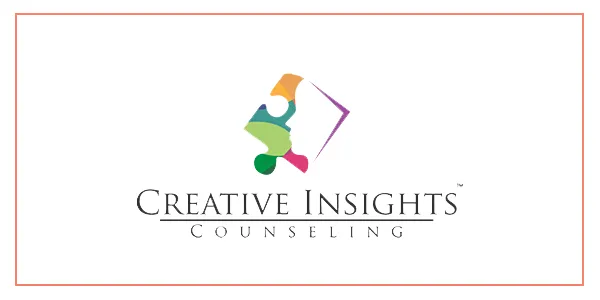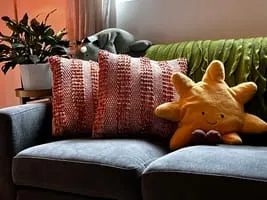Trauma and Unconditional Love
- posted: Sep. 20, 2015
For young souls that come from a home where substance use and/ or physical, emotional, and sexual abuse are the norm, love and trauma can become connected in strange ways. We gain a greater understanding that people are not just good or bad, and we have an early understanding of the broken pieces people carry with them and learn to love people in our lives, even with all their broken edges. We learn to love without condition, often because we must, to survive. We learn to love the moments a violent person is peaceful, learn to love the moments when an addict is sober, or we learn to love the moments when an abuser is at arm’s distance.
Finding love in the most complicated spaces is often what helps us make it through the spaces. What happens later? How do we practice love when we become adults or otherwise escape the pain we witnessed or experienced? For some, we have to learn that the kind of love we once knew or offered is not healthy. We must learn (through our own healing) to distinguish between love and abuse. Often, it is in creating our own relationships and finding chosen families that we find true healing.
But what of unconditional love? For those who come from a life of early trauma, it can be difficult to discern who deserves unconditional love. We work relentlessly to create a space of healing where we know the difference between love and abuse. We, like most others, move throughout life seeking to find unconditional love for our whole self and sometimes having difficulty in discerning who deserves our unconditional love.
This can result in romantic relationships being messy, painful, and confusing. It’s easy for us to access our unconditional love and our memory of loving those with rough edges and broken pieces. We can throw ourselves wholeheartedly into caregiving and we see the best in people. The difficulty lies in making a choice of loving someone in spite of ourselves or to spite intuition and early warning that something may not be right; because for so many years we were taught not to listen to the voice that says something is not right. A voice that was quieted and lied to when we were children and young people.
Trusting intuition and knowing our boundaries can be really difficult when you want to see the light in everybody. Though it takes time and practice to discern who deserves our unconditional love, the one person who always deserves it is YOU! You are worthy of love, you can be free of the shame you likely once felt, and you can heal and find happiness (again). Our work is to know who should have our unconditional love, how to offer it to ourselves first, and to know it’s all right to no longer consent at any point even when there is love.
Loving from a place of early trauma does not always have to be a burden, it can make us more deeply aware when things are healed because we so personally know broken. Our work then is to move from a place of healing toward loving our own broken pieces unconditionally. We can also choose to listen to the intuition that says a relationship is not right and exercise our consent to say, I do not feel this is good for me. Sometimes, letting go of others and holding onto ourselves and respecting ourselves enough to say no is the deepest form of love we can exercise.
Patricia Gonzalez, M.A. is a Marriage & Family Therapist Registered Intern, under the supervision of Dr. Traci Lowenthal. Learn more bout working with Patricia here.
Send A Message
Traci Lowenthal
700 E. Redlands Blvd,
Suite U-607,
Redlands, CA 92373
Office Hours
Office Hours are Available by Request
Monday - Sunday
Available by Request

